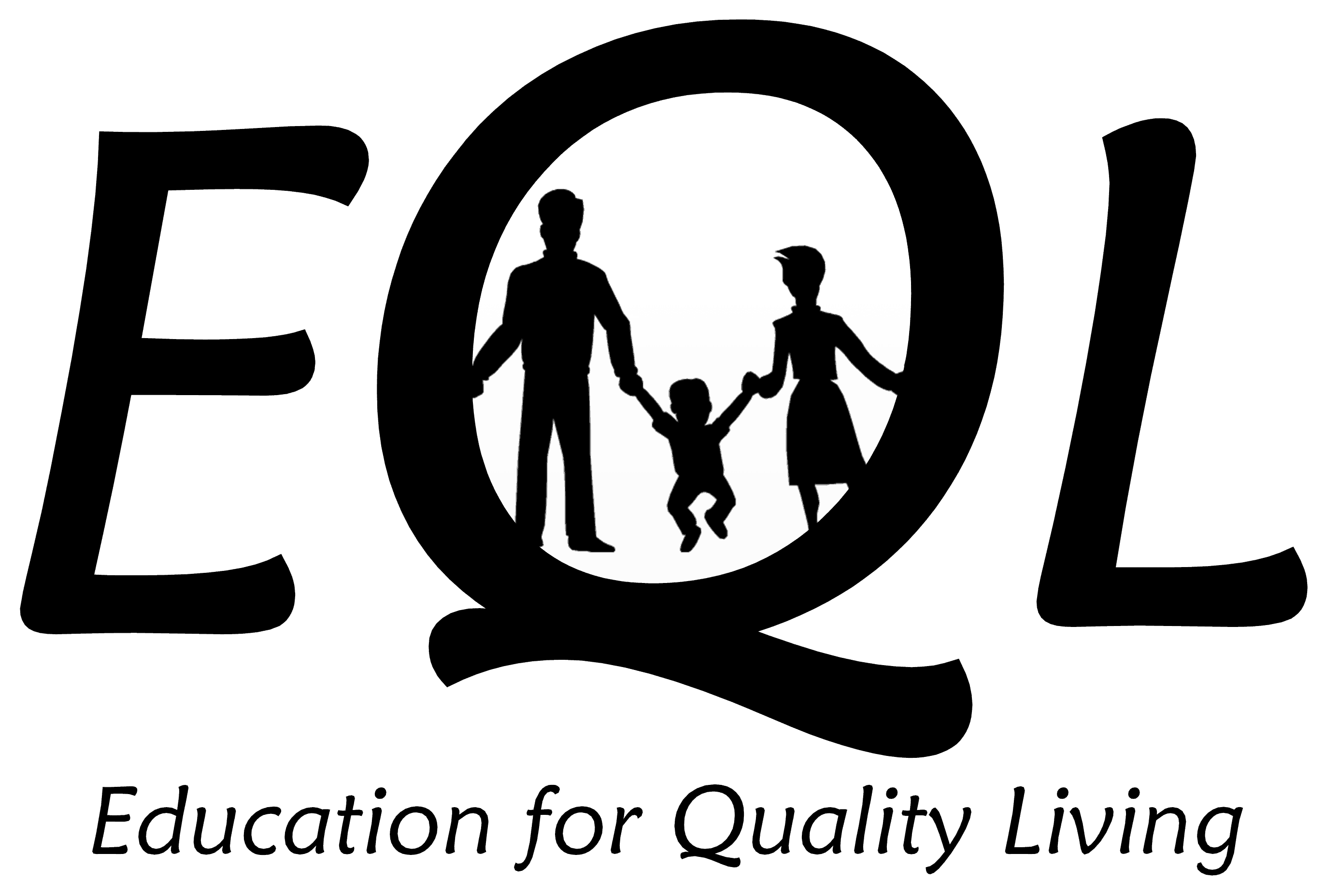
Please be patient with us while site is under development. Sign up to learn more about EQL.
We are doing some work on our site. It won't take long, we promise. Come back and visit us again. Thank you for your patience!

We are doing some work on our site. It won't take long, we promise. Come back and visit us again. Thank you for your patience!